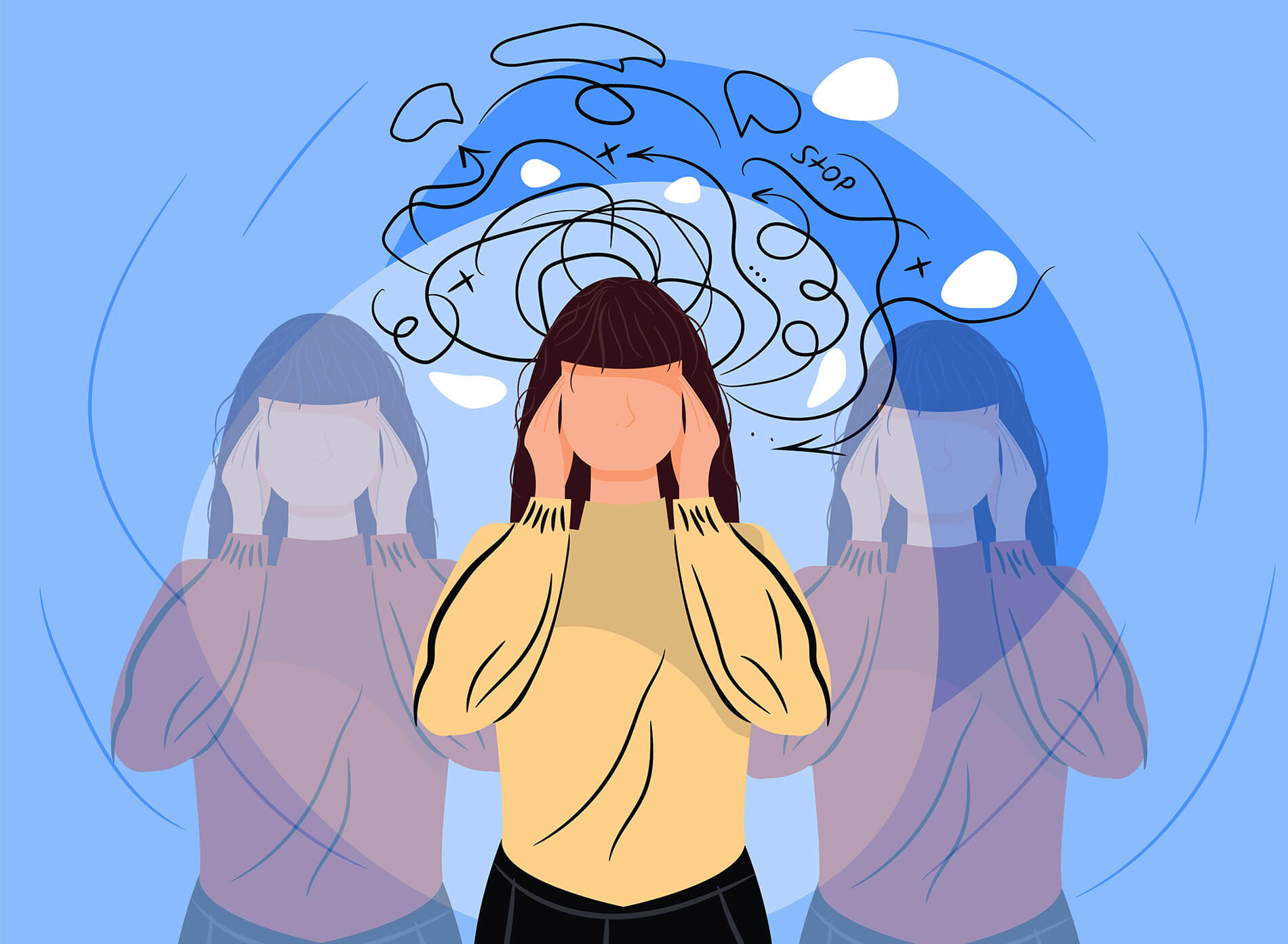If a loved one has opened up to you about trauma in their life, it is natural to want to ease their suffering.
People who have experienced complex trauma (also known as Complex Post Traumatic Stress Disorder or C-PTSD) can have severe symptoms They may feel like no one understands them, or that no one cares. Talking about previous abuse and mistreatment can be incredibly difficult. Coping mechanisms such as eating disorders, alcohol, and drug abuse can make it even harder to discuss.
It is important to know that C-PTSD is treatable. Your loved one does not have to live with these symptoms forever. Gaining some background knowledge regarding symptoms, support, and treatment is key to being there for your loved one right now.
What is Complex Trauma?
The American Psychological Association defines trauma as “an emotional response to a terrible event like an accident, rape or natural disaster.”
There is a difference between a terrible event that happens randomly and one that repeats. When we talk about complex trauma, we are saying it’s a result of sustained and targeted action.
This specific type of trauma usually has the following characteristics (with some examples):
A constant, drawn-out, repetitive, increasing, intensifying experience
- Poverty, lack of resources
- War, genocide
- Incarceration
- Exposure to pain and death (i.e., emergency response)
Involves direct harm, mistreatment
- Physical and sexual abuse
- Sex trafficking
- Violence in the community
Happens at vulnerable times
- During childhood and early adulthood
- Times of displacement or transition in life
- Being physically or financially dependent on the abuser
To be clear, these are not the only examples of complex trauma. A therapist will help identify the type of trauma your loved one is experiencing. With that accomplished, the journey of recovery can start in earnest.
How can you help a loved one heal?
First and foremost, individual and /or group therapy with a licensed practitioner is the best way to create a plan for recovery. With a professional’s support try the following too:
Encourage your loved one to seek professional treatment
There is nothing wrong with being in therapy. Emphasize that they deserve the care that will help them move on.
Encouragement is not the only thing you can do to make therapy easier. Functional impairment and anxiety can make scheduling and keeping appointments difficult. It’s okay to take action as well.
Consider any of the following to help your loved one start and continue a regular treatment schedule:
- Compile a list of therapists in your area that specialize in trauma and PTSD
- Drive them to appointments /wait with them
- Offer to remind them of their upcoming appointments
- Watch their children or help find childcare
- Listen to any fears they may have of therapy
Some effective treatments can be incredibly effective at various certain stages in a person’s development and will be revised over time. Remain available and flexible as their licensed mental health provider prescribes treatment.
Treatment and recovery are not linear…and that’s okay!
Treatment can vary based on the situation but generally happens in the following manner.
Stabilizing: Their stability is determined by how well they are able to function and take care of themselves. The skills required are things like identifying triggers, calming oneself, grounding behaviors, regulating emotions, etc.
Revisiting: This is where the work of processing, or reprocessing, the trauma begins. It usually involves sharing the experience, which is why it is important to be able to self-regulate and accept support. Being able to work through the event in the safe space created by the therapist can help to foster understanding and relieve shame.
Restoring: After being able to stabilize oneself and revisit the trauma, it is time to rebuild in a healthy, positive way. Changes in perspective, self-esteem, relationships, function, and life choices often result.
Understand, there is no straight path to healing. Your loved one will need help and loving-kindness. It is important to be there for them while they get their life back on track. Let them know they are worth the effort and, when necessary, seek support and relief for yourself.


